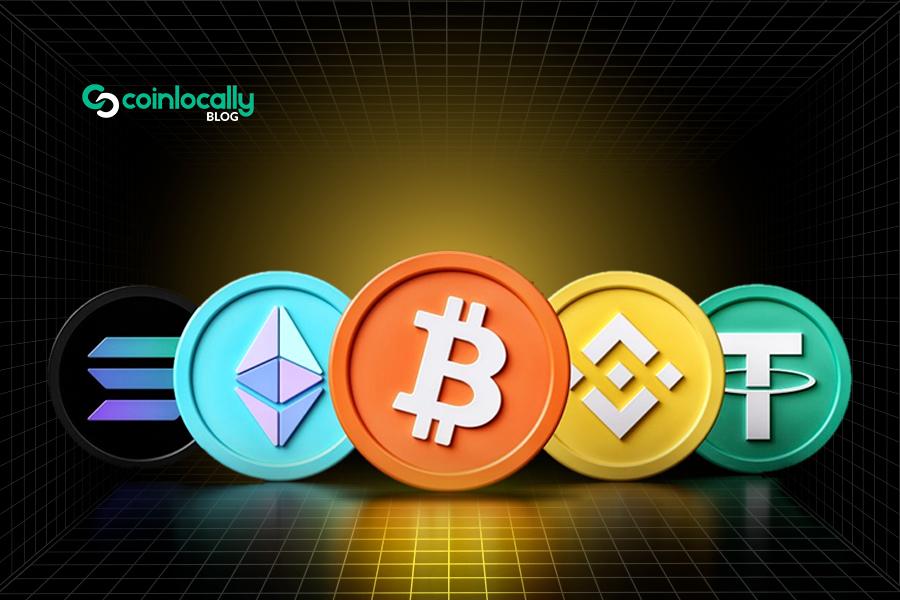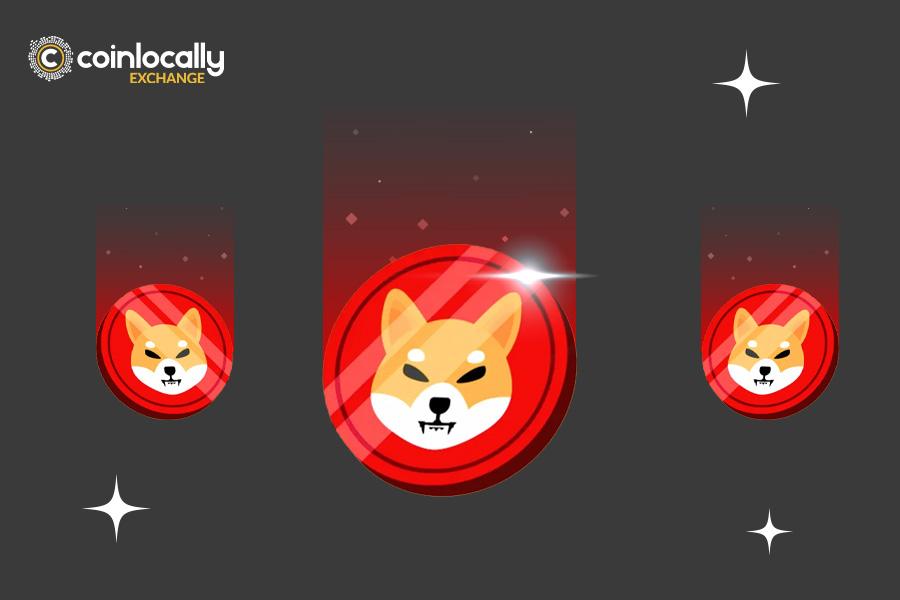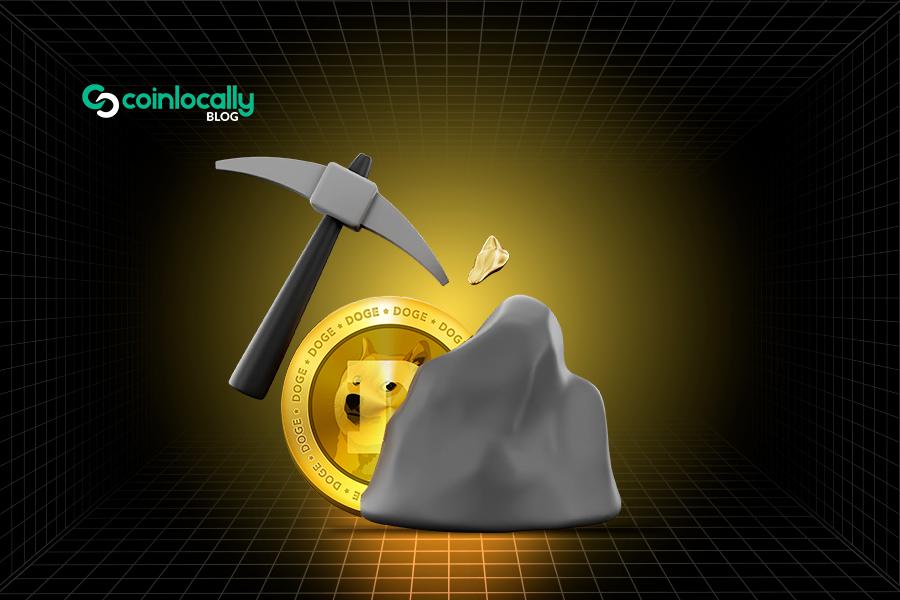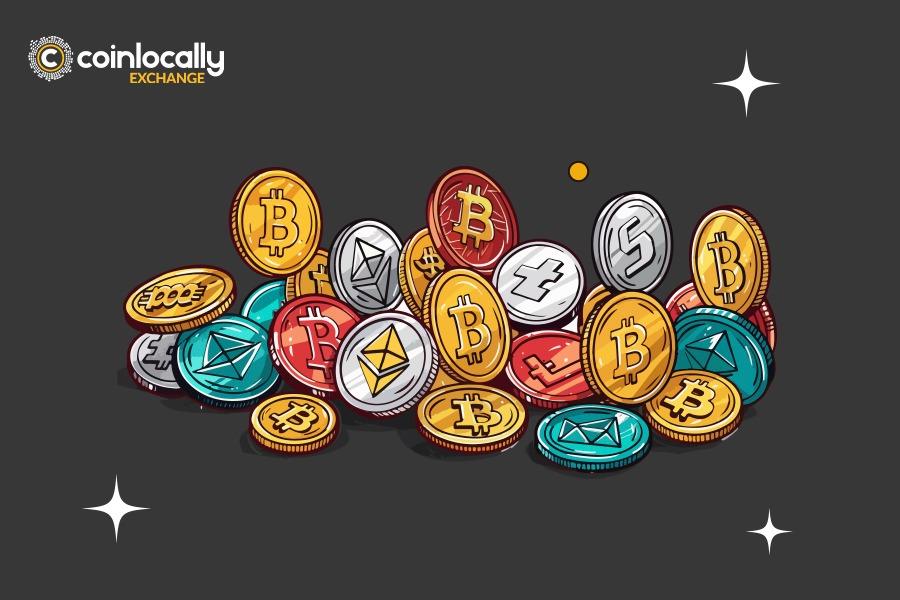As cryptocurrency expands beyond Bitcoin and Ethereum, altcoins have become a key area of interest for investors seeking higher growth potential or exposure to innovative blockchain projects. Whether interested in DeFi tokens, meme coins, utility tokens, or layer-1 competitors, the right platform can make all the difference. But with so many options available, how do you find the best altcoin exchange?
In this guide, we’ll explore the top features to look for, explain how exchanges differ, and highlight some of the leading contenders for trading altcoins in 2025.
What Is an Altcoin Exchange?
An altcoin exchange is a cryptocurrency trading platform that supports various coins beyond Bitcoin. These platforms allow users to buy, sell, and trade digital assets such as Solana (SOL), Cardano (ADA), Avalanche (AVAX), Chainlink (LINK), and thousands more.
While some exchanges focus primarily on mainstream cryptocurrencies, the best altcoin exchange provides access to a diverse range of large-cap and emerging projects’ tokens while maintaining liquidity, speed, and security.
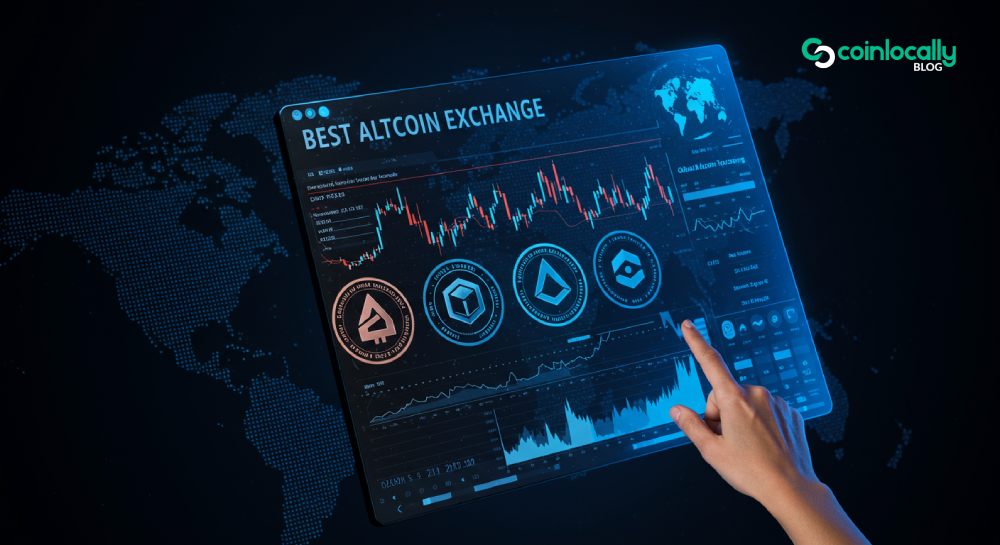
Key Features of the Best Altcoin Exchange
Not all crypto exchanges are created equal. Here are the most important features to consider when choosing the best altcoin exchange for your needs:
1. Wide Range of Altcoins
The most obvious factor is the number of supported altcoins. The best altcoin exchange should offer hundreds, if not thousands, of altcoin trading pairs. This gives traders access to well-established coins and promising new tokens at early stages of adoption.
Some platforms even list new projects before they hit major exchanges, offering early access to traders with higher risk tolerance.
2. Low Trading Fees
Trading fees can eat into your profits, especially for active traders or those investing in small-cap coins with high volatility. Look for exchanges that offer competitive fee structures, such as tiered discounts based on trading volume or holding native exchange tokens.
The best altcoin exchanges often charge between 0.1% to 0.25% per trade, with options to reduce fees through loyalty programs or staking.
3. Strong Liquidity
Liquidity is essential for executing trades quickly at the desired price. A good altcoin exchange should have deep liquidity pools and high daily trading volumes. This ensures that your buy and sell orders are filled without significant slippage, even during periods of high volatility.
Top-tier exchanges achieve high liquidity by aggregating market makers and institutional participants.
4. Advanced Trading Tools
Powerful tools can enhance your decision-making, whether a beginner or an experienced trader. The best altcoin exchanges offer customizable trading dashboards, charting tools, technical indicators, and risk management options such as stop-loss and take-profit orders.
Features like futures trading, options, staking, and margin trading may also be important for advanced users.
5. Security and Trustworthiness
Security is non-negotiable. The best altcoin exchange should implement strong security practices, including cold wallet storage, two-factor authentication (2FA), withdrawal whitelisting, and regular audits.
Look for exchanges with a proven track record of protecting user funds and handling any incidents transparently. Regulatory compliance and insurance coverage are also strong indicators of a trustworthy platform.
6. User Experience and Mobile Access
An intuitive interface, fast order execution, and mobile support are crucial for today’s on-the-go traders. The best altcoin exchanges offer responsive web and mobile apps, straightforward navigation, and helpful tutorials for beginners.
Some even allow instant purchases with credit cards, bank transfers, or peer-to-peer trading for greater accessibility.
7. Global Availability and KYC Requirements
Not all exchanges are available in every region. Consider whether the platform operates in your country and what identity verification (KYC) procedures are required. Some exchanges allow limited trading without KYC, while others may enforce strict documentation for higher security and regulatory compliance.
If anonymity and ease of onboarding matter to you, choose accordingly.
Centralized vs. Decentralized Altcoin Exchanges
When searching for the best altcoin exchange, you’ll encounter two main categories: centralized exchanges (CEXs) and decentralized exchanges (DEXs).
- Centralized Exchanges are platforms that companies operate that facilitate trading and provide customer support. They offer faster transaction speeds, advanced tools, and fiat integration, but require user accounts and custody of funds.
- Decentralized Exchanges, on the other hand, are peer-to-peer platforms that allow users to trade directly from their wallets. These platforms provide greater privacy and control but may lack liquidity, have higher slippage, and offer limited customer service.
Depending on your trading style and preferences, the best altcoin exchange for you may fall into either category, or you might use both for different purposes.
Top Considerations When Choosing Your Exchange
With so many factors at play, here’s a quick checklist to help narrow down your choice of the best altcoin exchange:
- Do they list the altcoins you’re interested in?
- Are fees reasonable, especially for frequent trades?
- Is the platform secure and regulated?
- Do they offer mobile access and a clean interface?
- What are user reviews and industry rankings saying?
- Is there adequate support in case of issues?
You don’t have to compromise. The leading altcoin exchanges balance variety, performance, and user protection.
The Future of Altcoin Trading
As the cryptocurrency industry matures, we expect even more altcoins to hit the market, often addressing niche problems or innovating on blockchain architecture. Newer exchanges may emerge to cater to these demands, while existing platforms will continue enhancing their services to stay competitive.
Traders looking for early opportunities in gaming tokens, AI crypto projects, or real-world asset-backed tokens will increasingly rely on the best altcoin exchanges to gain access before the mainstream catches on.
Whether day trading or building a long-term portfolio, selecting the right exchange now can save you time, money, and frustration later.
Final Thoughts
Finding the best altcoin exchange isn’t just about picking the biggest or most popular platform—it’s about choosing one that aligns with your trading goals, risk tolerance, and need for flexibility. By focusing on coin variety, fees, security, tools, and user experience, you’ll be better equipped to navigate the dynamic altcoin market.
As we head deeper into 2025, altcoins continue to open doors to new technologies, communities, and investment opportunities. With the right exchange, you’ll be ready to explore them all.

